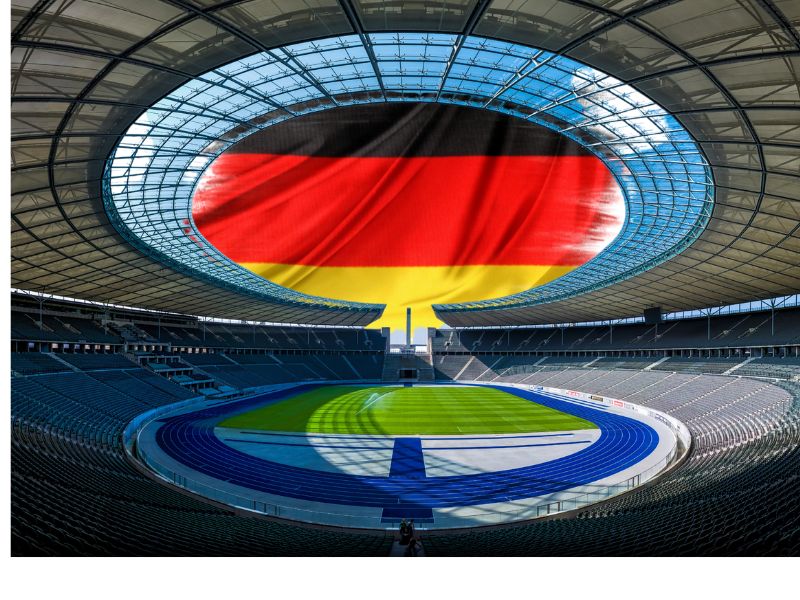The 2006 FIFA World Cup in Germany was a footballing spectacle that captivated the world. As the host nation, Germany played a pivotal role in creating an unforgettable experience for fans and players alike. One of the most iconic venues of the tournament was Berlin’s Olympic Stadium, a historic site that witnessed thrilling matches, historic moments, and the coming together of footballing nations.
A Grand Setting: Berlin’s Olympic Stadium
The Olympic Stadium, located in the heart of Berlin, has a rich history that extends beyond football. Originally built for the 1936 Summer Olympics, it served as a symbol of German unity and sporting excellence. In 2006, the stadium underwent renovations to meet the standards of modern football, but its classic architecture and imposing facade remained intact. With a seating capacity of over 74,000 spectators, the stadium became a cauldron of footballing passion during the World Cup.
Matches that Shaped History
As one of the host cities for the World Cup, Berlin’s Olympic Stadium played host to several crucial matches, each leaving an indelible mark on the tournament. One of the most memorable encounters was the quarterfinal clash between Germany and Argentina. The stadium was flooded with a sea of black, red, and gold as German fans roared on their team to victory in a nail-biting penalty shootout.
Another historic match held at the Olympic Stadium was the third-place playoff, where Germany faced Portugal. The atmosphere was electrifying, as both teams displayed attacking flair and determination. In the end, Germany emerged victorious, securing a podium finish amid jubilant cheers from their home supporters.
The Final: Italy vs. France
However, the pinnacle of the World Cup was the final, where Italy faced France in a match that would go down in history for all the right and wrong reasons. Berlin’s Olympic Stadium was abuzz with excitement and anticipation as the two footballing giants battled it out for the ultimate prize. Zinedine Zidane’s sublime opener for France was countered by Marco Materazzi’s equalizer for Italy, taking the match to extra time.
But the defining moment came when Zidane, in his last professional match before retirement, infamously headbutted Materazzi, earning a red card. Despite the setback, both teams fought valiantly, but the match was eventually decided by a dramatic penalty shootout. Italy emerged as the champions, claiming their fourth World Cup title amid moments of both joy and controversy on the hallowed turf of Berlin’s Olympic Stadium.
A Legacy of Footballing Excellence
The 2006 World Cup in Germany, with Berlin’s Olympic Stadium at its heart, left a lasting legacy in the annals of footballing history. The tournament showcased Germany’s passion for football, its efficient organization, and the warmth of its people in welcoming fans from all over the world. The Olympic Stadium stood tall as a symbol of unity and sporting spirit, echoing the cheers of supporters from different nations who came together to celebrate the beautiful game.
Today, Berlin’s Olympic Stadium remains an iconic venue, hosting various sporting events and music concerts, but its connection to the 2006 World Cup endures. The memories of that summer, the passion on the pitch, and the thrill of witnessing history unfold in the heart of Berlin continue to resonate with football fans worldwide.
A Footballing Monument
Berlin’s Olympic Stadium stands as a footballing monument, forever etched in the minds of those who experienced the 2006 World Cup. Its historic significance and the moments of brilliance it witnessed during the tournament have secured its place in the collective memory of football fans. As football continues to captivate hearts around the globe, the Olympic Stadium remains a cherished site, where the spirit of the beautiful game lives on.

